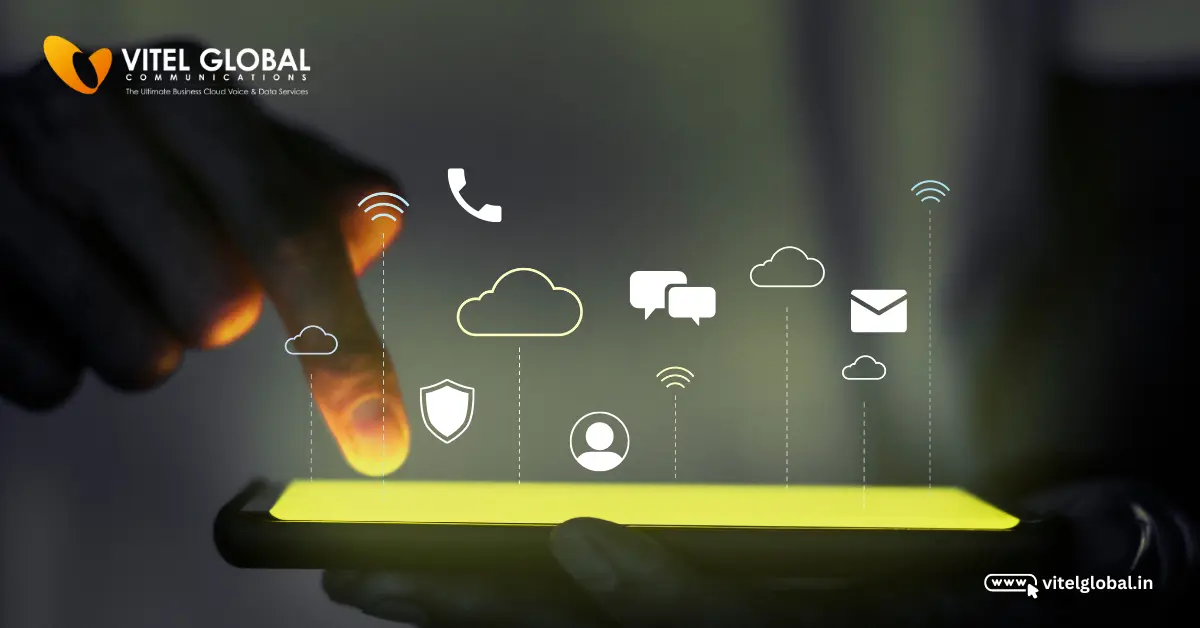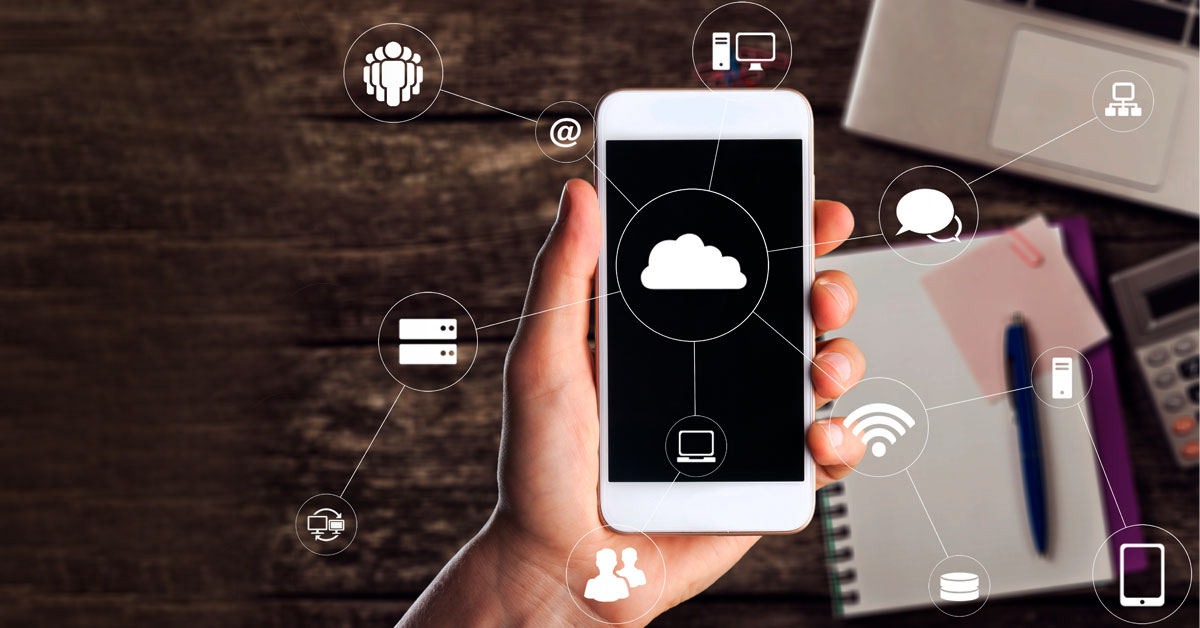Table of Contents
The healthcare sector has specific communication needs dealing with medical traumas where patients’ lives are on the line. Since doctors must convey important patient information in these circumstances, internal and external communication is important, and call clarity becomes crucial which can be solved by integrating VoIP in to Healthcare.
VoIP has various benefits over copper wire connections on comprehensive and sophisticated communication technologies. It makes it easier for hospitals and clinicians to contact patients from anywhere, using any device. Additionally, call data is simple to retain; it aids in speedy call analysis and facilitates the exchange of patient data among medical specialists. Additionally, if they are connected by Voice over Internet Protocol, ambulance services can be quickly reached from any location.
Consider how Voice over Internet Protocol phone systems are altering healthcare communication.
Voice over Internet Protocol has made Healthcare Communication Easy and Fast:
Healthcare organizations can now manage multiple calls, recognize patients who are calling in, extract all patient data with the click of a button, communicate easily over voice and video calls, connect patients to various medical specialists using video conferencing, easily collect bill payments, and streamline hospital registration processes using VoIP services.
Healthcare Organizations can Increase Efficiency and Productivity with VoIP:
The healthcare sector is expanding quickly, which has made work management difficult for medical institutions. An IP phone system’s general features, which include rapid file sharing, connecting over many platforms, and interaction with other applications, make it easier for hospitals to manage their responsibilities and increase efficiency.
Additionally, patients can immediately connect with the appropriate department using its abilities, like auto attendants. Call-routing systems ensure callers can easily navigate a voice menu, which cuts down on waiting time and enables quick access to medical services. Hospitals may quickly convert voicemails to text via internet telephony, accessible on any connected device.
VoIP Improves Patient Experience:
Even on their off days, physicians are frequently called to work. Generally, it is the nature of their work. An emergency consultation with a patient may be required, or there may be an immediate consultation. Even if they are on vacation or out of the office, healthcare professionals can give their patients the finest experiences by being just a phone call away using IP telephony communication solutions. IP telephony enables business phones can be carried about with them at all times and in any location.
Multi-Office Compatibility for on-the-Move Doctors:
Doctors frequently work from multiple hospitals and clinics. As a result, maintaining and managing patient data and information may become complicated. However, linking your communication device with any location has become effortless thanks to voice-over-internet protocol and cloud-hosted telephony solutions. The hospital’s back-end systems can readily include phone data from every location, giving clinicians access to every patient’s records.
Features of the Top VoIP Phone Systems for the Healthcare Sector
Medical practitioners can expand their programs with numerous communication options by using the IP phone system. They can communicate with their patients more effectively, offer the best customer service, and lighten their workloads. The following are some essential voice-over-internet protocol skills that healthcare organizations must have in their toolkit:
1. VoIP Mobile App
Keeping connected even when not at work enables doctors and nurses to install their business phone numbers into their mobile devices. Doctors can easily contact their colleagues and retrieve patient details using mobile applications.
2. Third-Party Integrations
Voice-over Internet Protocol communication systems are simple to integrate with other platforms, including billing software, customer relationship management software, or the hospital integration system (HIS). Since this platform is a central repository for hospital management, financial, legal, and medical data. As a result, a health institute can operate effectively.
3. Video Conferencing Facilities
Video conferencing services proved invaluable to doctors during the pandemic when in-person medical examinations were challenging. They could interact with patients on camera and perform personalized checks effectively. Using this technology, doctors can collaborate with their colleagues with ease.
4. Instant Messaging and Live Chat
A patient wants to contact a doctor immediately based on a medical emergency. Adding the live chat function of VoIP inexpensively to an IP telephony communication solution enables users to create an interactive portal to a website quickly and easily. In this situation doctors can communicate with patients and colleagues using instant messaging.
5. Call Routing
Call routing allows medical practitioners to forward office calls to their devices. They can remain accessible to their patients, just a phone call away, even outside the clinic, ensuring prompt response during emergencies.
6. Web Widget
Web widgets connected to IP telephony systems make doctor to connect with new patients easily. A patient can click on the widget while looking through the website of a medical center to connect right away with the appropriate doctor.
7. Auto-Attendant
The auto attendant feature in healthcare institutions’ voice-over-internet protocol call centers prevents missed calls. It answers the phone, greets callers with a personalized message, and transfers the call to the appropriate division or doctor’s office, even when the staff is occupied. It helps increase customer satisfaction and guarantees that people won’t have to wait forever on a call.
Closing Thoughts
In conclusion, the best medical care can only be provided with an effective communication system. VoIP healthcare has developed into a vital sector that requires the best technology to ensure that all patients, particularly those urgently needing medical assistance, have simple access to the best services. IP service communication technologies can help make doctor-patient interactions more effective and swift.
IP telephony enhances doctor-patient interactions, facilitates collaboration among health professionals, utilizes cloud phone services, offers multi-channel communication, and enables healthcare professionals to stay connected with patients on the go. These are advantages that the healthcare sector cannot currently by obsolete phone systems.
Quickly Grab a Free Live Demo to know more about Healthcare VoIP





